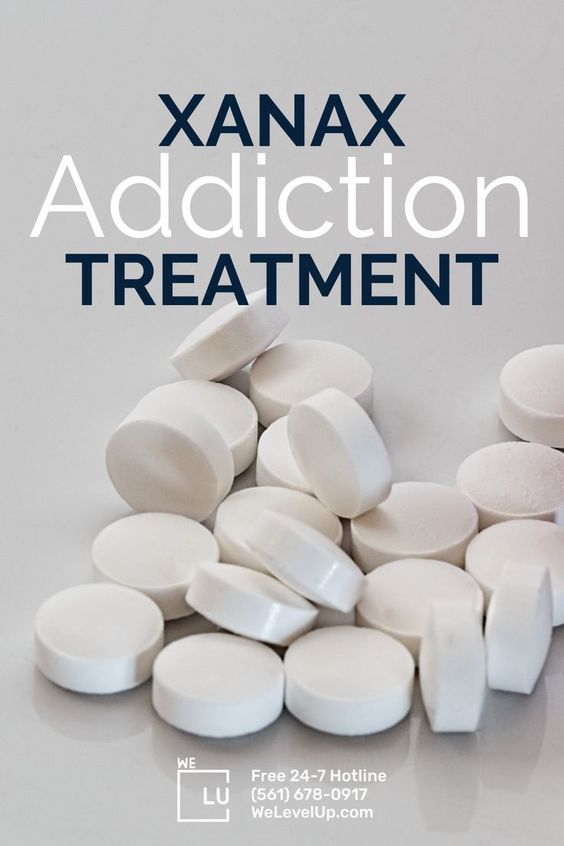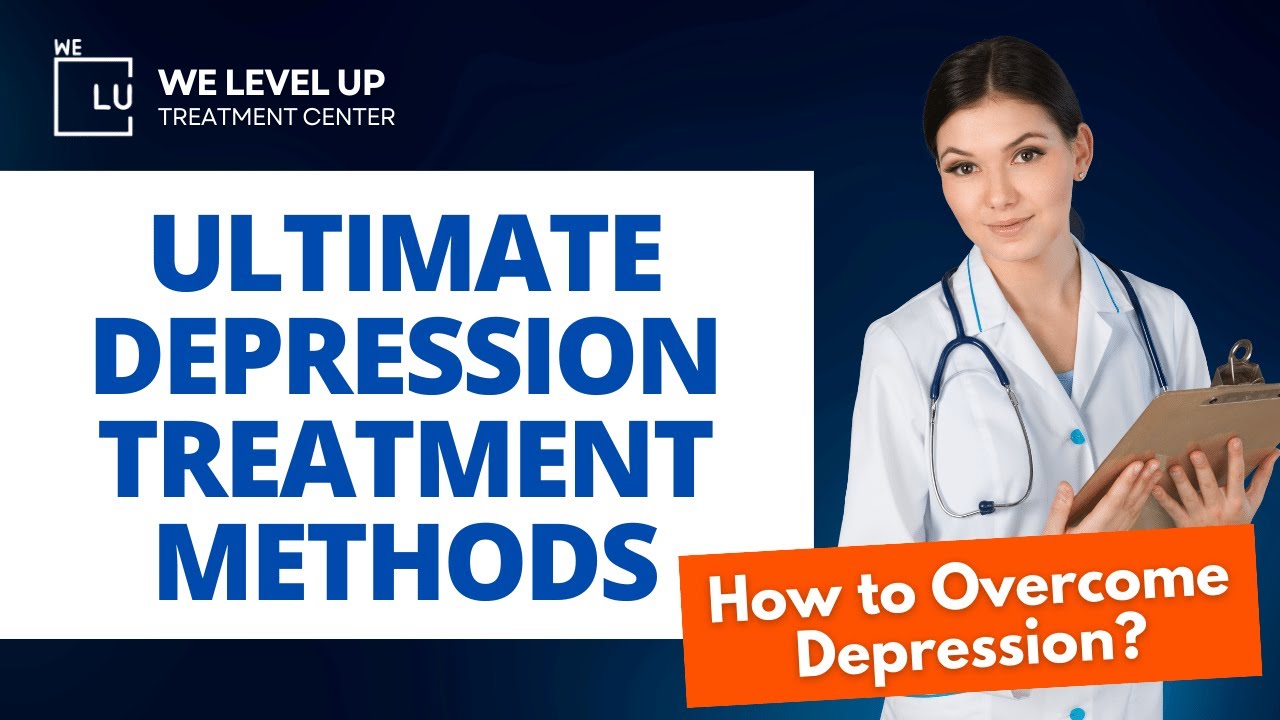What Is Wellbutrin?
Bupropion (Aplenzin, Wellbutrin, Wellbutrin SR, Wellbutrin XL) is used to treat depression disorder. Bupropion (Aplenzin, Wellbutrin XL) is also used to treat the seasonal affective disorder (SAD; episodes of depression that occur at the same time each year [usually in the fall and winter but rarely may occur in the spring or summer months]). Bupropion (Zyban) is used to help people stop smoking. Bupropion is in a class of medications called antidepressants. It works by increasing certain types of activity in the brain.
Why Is This Medication Prescribed?
Wellbutrin is also sometimes used to treat episodes of depression in patients with bipolar disorder (manic depressive disorder; a disease that causes episodes of depression, episodes of mania, and other abnormal moods) and to treat attention deficit hyperactivity disorder (ADHD; more difficulty focusing, controlling actions, and remaining still or quiet than other people who are the same age). Talk to your doctor about the possible risks of using this medication for your condition. This medication may be prescribed for other uses; ask your doctor or pharmacist for more information.

Wellbutrin For Anxiety
Wellbutrin XL has been shown in one clinical trial to be as effective for anxiety as escitalopram (Lexapro), common antidepressant doctors prescribe for patients with anxiety. Some research also suggests Wellbutrin can help mitigate anxiety symptoms related to depression.
Wellbutrin Dosage
Swallow the sustained-release and extended-release tablets whole; do not split, chew, or crush them. Your doctor will probably start you on a low dose of Wellbutrin and gradually increase your dose. It may take 4 weeks or longer before you feel the full benefit of Wellbutrin. Continue to take Wellbutrin even if you feel well. Do not stop taking Wellbutrin without talking to your doctor. Your doctor may decrease your dose gradually.
What should I do if I forget a dose?
Skip the missed dose and continue your regular dosing schedule. Always allow the full scheduled amount of time to pass between doses of Wellbutrin. Do not take a double dose to make up for a missed one.
Wellbutrin Side Effects
Wellbutrin may cause side effects. Tell your doctor if any of these symptoms are severe or do not go away:
- Drowsiness
- Anxiety
- Excitement
- Difficulty falling asleep or staying asleep
- Dry mouth
- Dizziness
- Headache
- Nausea
- Vomiting
- Stomach pain
- Uncontrollable shaking of a part of the body
- Loss of appetite
- Weight loss
- Constipation
- Excessive sweating
- Ringing in the ears
- Changes in your sense of taste
- Frequent urination
- Sore throat
Some Wellbutrin side effects can be serious. If you experience any of the following symptoms or those listed in the IMPORTANT WARNING or SPECIAL PRECAUTIONS sections, call your doctor immediately or get emergency medical treatment:
- Seizures
- Confusion
- Hallucinating (seeing things or hearing voices that do not exist)
- Irrational fears
- Muscle or joint pain
- Rapid, pounding, or irregular heartbeat
If you experience any of the following symptoms, stop taking Wellbutrin and call your doctor immediately or get emergency medical treatment:
- Fever
- Rash or blisters
- Itching
- Hives
- Swelling of the face, throat, tongue, lips, eyes, hands, feet, ankles, or lower legs
- Hoarseness
- Difficulty breathing or swallowing
- Chest pain
Wellbutrin may cause other side effects. Call your doctor if you have any unusual problems while taking this medication.
Wellbutrin Withdrawal
Most people do not experience drug withdrawal symptoms when they stop taking Wellbutrin. Among those who do, the symptoms range in severity from mild to moderate. However, if you are quitting Wellbutrin and a more common class of antidepressants known as selective serotonin reuptake inhibitors (SSRIs), your symptoms may be more severe.
Because serotonin plays an important role in so many of your body’s systems, withdrawal symptoms can be quite varied. If you are quitting an SSRI, you may experience [1]:
- Sweating: You may become flushed and sweat excessively, especially in the heat.
- Digestive problems: Serotonin plays a major role in the digestive system, so people often experience nausea, vomiting, diarrhea, or loss of appetite.
- Trouble sleeping: You may have difficulty getting to sleep or staying asleep. You may also experience unusual dreams or nightmares.
- Neurological effects: You may experience tremors, restless legs, numbness, or difficulty walking.
- Psychological symptoms: You may experience mood swings, agitation, anxiety, mania, or depression.
- Brain zaps: This is a strange phenomenon that feels like a shock to your head. It is also described as a brain shake or shiver.
Warnings And Interactions
- Tell your doctor and pharmacist if you are allergic to Wellbutrin, any other medications, or any of the ingredients in Wellbutrin tablets. Ask your pharmacist or check the Medication Guide for a list of the ingredients.
- Tell your doctor if you are taking a monoamine oxidase (MAO) inhibitor such as isocarboxazid (Marplan), linezolid (Zyvox), methylene blue, phenelzine (Nardil), selegiline (Eldepryl, Emsam, Zelapar), and tranylcypromine (Parnate), or if you have stopped taking an MAO inhibitor within the past 14 days. Your doctor will probably tell you not to take Wellbutrin.
- Do not take more than one product containing Wellbutrin at a time. You could receive too much medication and experience severe Wellbutrin side effects.
- Tell your doctor and pharmacist what other prescription and nonprescription medications, vitamins, nutritional supplements, and herbal products you are taking or plan to take.

- Tell your doctor if you have or have ever had seizures, anorexia nervosa (an eating disorder) or bulimia (an eating disorder). Also tell your doctor if you drink large amounts of alcohol but expect to suddenly stop drinking or you take sedatives but expect to suddenly stop taking them. Your doctor will probably tell you not to take Wellbutrin.
- Tell your doctor if you drink large amounts of alcohol, use street drugs, or overuse prescription medications and if you have ever had a heart attack; a head injury; a tumor in your brain or spine; high blood pressure; diabetes; or liver, kidney, or heart disease.
- Tell your doctor if you are pregnant, plan to become pregnant, or are breast-feeding. If you become pregnant while taking Wellbutrin, call your doctor.
- You should know that Wellbutrin may make you drowsy. Do not drive a car or operate machinery until you know how this medication affects you.
- Talk to your doctor about the safe use of alcoholic beverages while you are taking Wellbutrin. Alcohol can make the side effects from Wellbutrin worse.
- You should know that Wellbutrin may cause an increase in your blood pressure. Your doctor may check your blood pressure before starting treatment and regularly while you are taking this medication, especially if you also are using nicotine replacement therapy.
- You should know that Wellbutrin may cause angle-closure glaucoma (a condition where the fluid is suddenly blocked and unable to flow out of the eye causing a quick, severe increase in eye pressure which may lead to a loss of vision).
- You should know that some people have reported symptoms such as changes in behavior, hostility, agitation, depressed mood, and suicidal thoughts (thinking about harming or killing oneself or planning or trying to do so) while taking Wellbutrin to stop smoking. The role of Wellbutrin in causing these mood changes is unclear since people who quit smoking with or without medication may experience changes in their mental health due to nicotine withdrawal. [2]
Wellbutrin And Alcohol
Seizures are a rare but serious side effect of Wellbutrin that some people experience. The risk of having a seizure while taking Wellbutrin is higher in people who:
- Have an underlying condition that causes seizures
- Have an eating disorder
- Are taking a high dose
Excessive use of alcohol can also increase your risk of having a seizure while taking Wellbutrin. The risk for each individual varies, so it’s best to avoid alcohol altogether unless you have a history of heavy drinking. If you regularly drink a lot of alcohol or have alcohol use disorder, abruptly stopping can lead to alcohol withdrawal syndrome. This is a potentially life-threatening condition if not properly managed. [3]
Going through alcohol withdrawal while taking Wellbutrin also increases your risk of having a seizure along with other serious Wellbutrin side effects, including:
- Severe shaking and tremors
- Vomiting
- Confusion and disorientation
- Hallucinations and paranoia
To minimize your risk of having a seizure or other severe side effects while taking Wellbutrin, it’s crucial that you’re honest with your doctor about your drinking habits.
Be sure to tell them:
- The kinds of alcohol you drink
- How much you drink at a time
- How much you drink on a daily, weekly, or monthly basis
- How long you’ve been drinking this amount
Anxiety Disorder And Alcohol Issues
Substance abuse is more common in people suffering from anxiety disorders than in the general population. It is common for people who suffer from anxiety to self-medicate or misuse alcohol or drugs to find a way to cope with their symptoms. But the alcohol or drugs abuse enhances the effects of anxiety.
Dual Diagnosis
This cycle of self-medication and rebound anxiety digs a deeper and deeper hole for the addicted person, making anxiety treatment harder and harder as time goes by. Alcohol and drug use can worsen the physical symptoms of anxiety as well, reinforcing the need to use more of these substances to function normally. The result is only going to be a cycle of substance abuse that can lead to chemical dependence and addiction.

A person with a dual diagnosis has both a mental disorder such as anxiety disorder and an alcohol or drug problem. These conditions occur together frequently. We Level Up TX dual diagnosis treatment center has developed an effective dual therapy program track. It is also a Gold Seal Recipient and an essential provider of dual diagnosis treatment. We Level Up TX rehab center focuses on the complete treatment required for both illnesses. We treat the entire individual as a whole – their mind, their body, and their soul. Your dual diagnosis treatment teams will provide thorough and comprehensive therapy to you and your family members. We are committed to providing a coordinated and scientific proof-based treatment that works.
Are you ready to overcome your problem with Wellbutrin side effects and alcohol abuse? Does alcohol help anxiety? No…that is why you do not need to hesitate in seeking help. We Level Up Texas treatment center is here to partner with you on your journey to recovery success. There is no better time than today! Get started with a phone call!
Sources:
[1] Wellbutrin Withdrawal: Overview, Symptoms & Coping – https://www.verywellmind.com/wellbutrin-withdrawal-symptoms-timeline-treatment-4176725
[2] Bupropion – U.S. Department of Health and Human Services National Institutes of Health
[3] Can I Drink Alcohol While Taking Wellbutrin? – https://www.healthline.com/health/wellbutrin-and-alcohol





